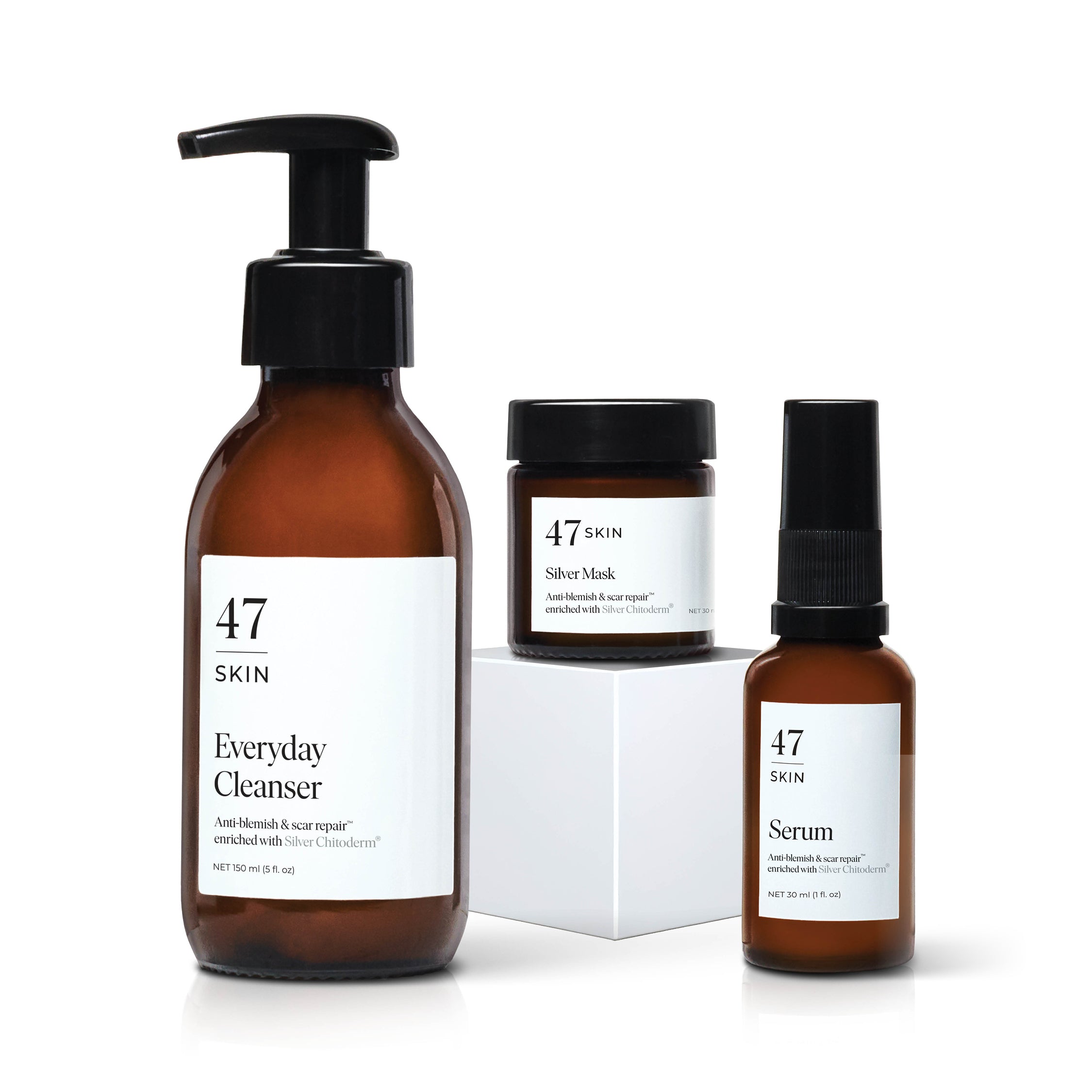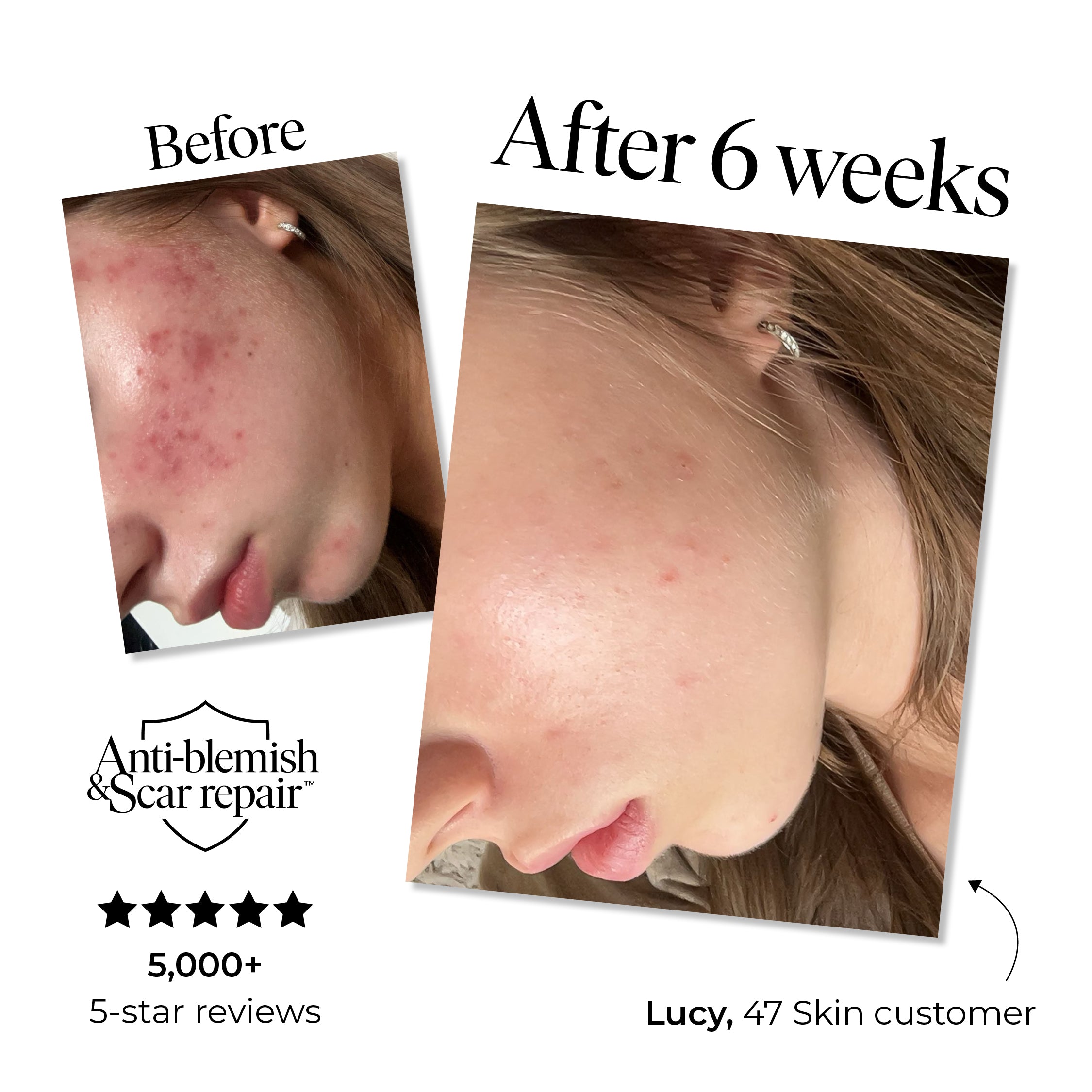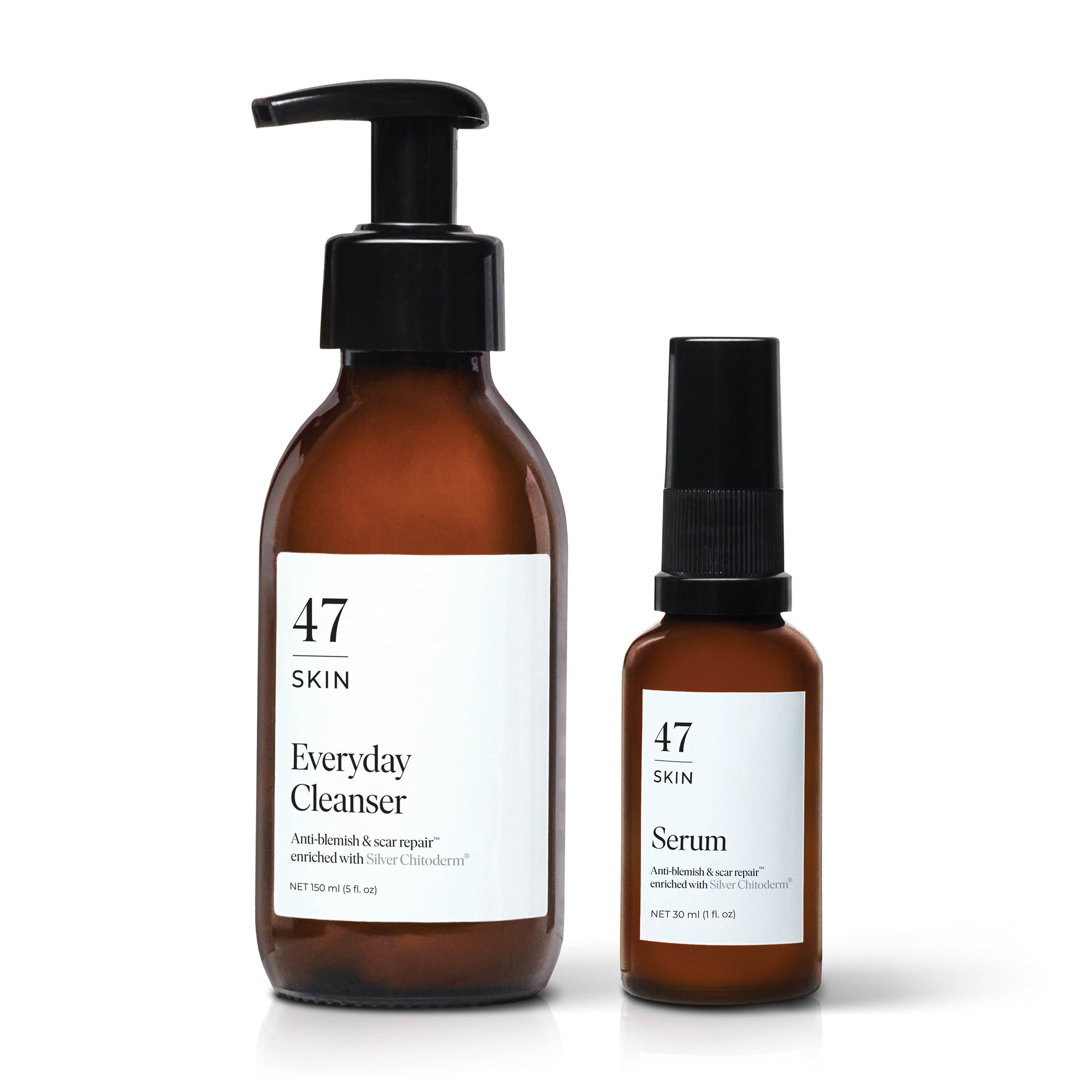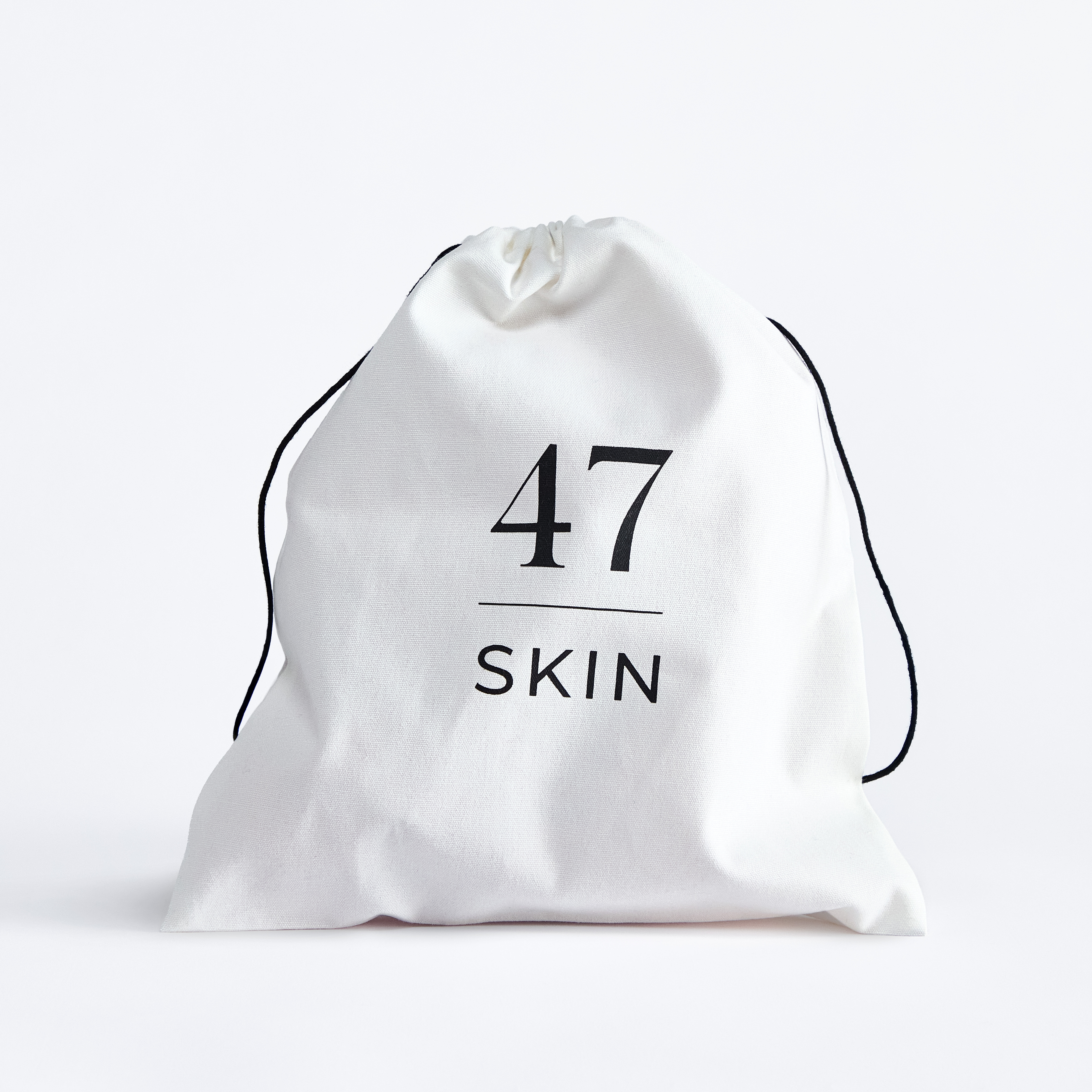
The Link Between Your Skin and Your Mental Health, and How To Look After Both
The link between your
mental health and your skin,
and how to look after both.
It’s not uncommon for hang-ups about our skin’s appearance to get us down now and then. This story about a woman from Plymouth who didn’t want to leave her house because of hang-ups about her skin’s appearance shows just how much it can have an impact. The appearance of our skin affects our everyday mood, and determines what we choose to do with the hours in the day. Limiting our social outings because of our insecurities has a devastating impact on our mental health. It can cause a variety of other health risks, as shown here by the Campaign to End Loneliness, that can occur as a result of isolating oneself. This is why it’s so important to look out for your mental health, and not let hang-ups about skin stop you from making the most of every day.
So, how can something so simple as using skin products improve your mental health?
Ultimately, maintaining an effective and consistent skin routine is a form of self-care – a way of looking after and celebrating the bodies that we’re in. Taking time out of the day to nourish and care for our skin provides an opportunity to be mindful, and people have long praised the feelings of comfort and calm that using skincare products can arouse, with a study published in 2018 in Frontiers in Psychology, noting “that bilateral medial prefrontal cortex (MPFC) were activated during anticipation for positive events relative to neutral events, and the enhanced brain activation in MPFC was associated with higher level of well-being”. In simpler terms, happy hormones are released when we take the time to use a face mask or take a bath, which in turn can lead to an improvement in your mental state.
Caring for our skin is a simple yet effective way for us to be kind to ourselves. It helps us to take time away from all the noise of our everyday lives, and make time for ourselves. What's more, when incorporated into your daily routine, these practices can add an element of stability to your daily life. Organising your day in this way, even if it just means having this one constant in your morning and evening activities, can make a massive difference - a study published in June 2018 in the Lancet Psychiatry proclaimed that people with a less consistent routine throughout their day were more likely to suffer from major depressive and bipolar disorders, mood problems, loneliness, and less happiness.
We know however that, though self-care can make a lot of difference in the short term, mental illness is a very complex issue and that anyone struggling deserves help, compassion and understanding. If you or anyone you know is struggling, below are some numbers that you may find helpful.
Samaritans – Call 116 123.
Campaign Against Living Miserably (CALM) (For men) – Call 0800 58 58 58.
Childline (for children and young people under 19) – Call 0800 1111.
Mind – Call 0300 123 3393.
Papyrus (for under 35s) – Call 0800 068 4141.













